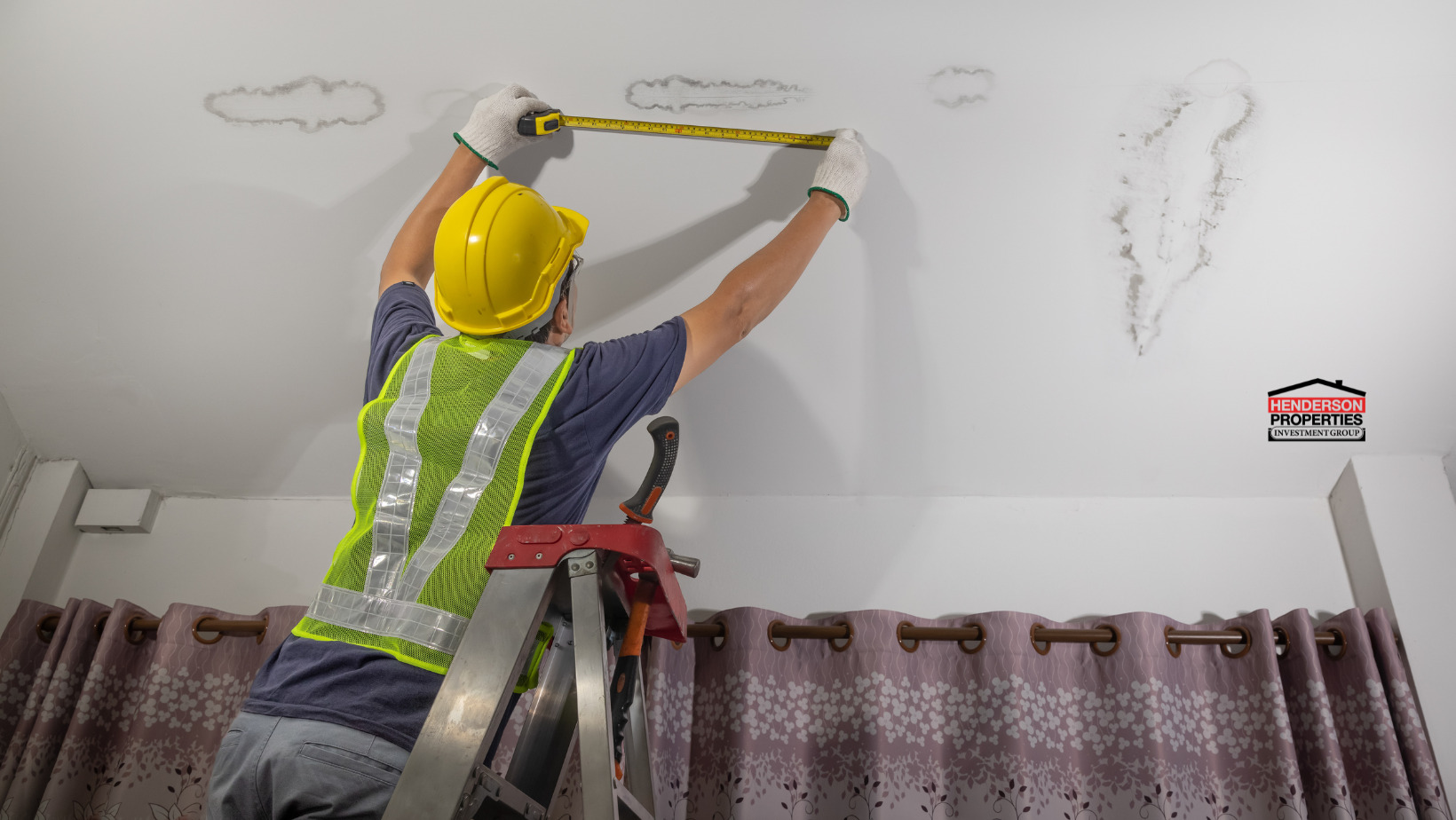- Walk-in Traffic is by Appointment Only - More Details
Charlotte Landlord’s Guide to Depreciation, Deductions, and 1031 Exchanges

Charlotte’s Housing Market Cools… And That’s Good News!
June 23, 2025
5 Common Charlotte Rental Repairs That Could’ve Been Prevented
July 8, 20255 Tax Tips That Could Save You Thousands
You bought an investment property in Charlotte to build wealth, not to get buried in IRS paperwork. But here’s the good news: real estate remains one of the most tax-friendly investments around. If you know how to play your cards right, the tax code can work in your favor, especially here in North Carolina.
Whether you own a single rental home or a small portfolio, understanding the key tax breaks available can add thousands to your bottom line each year. Here’s what every Charlotte landlord should know heading into 2025.
The Magic of Depreciation
One of the best perks of owning a rental property? You can claim a tax deduction each year for the wear and tear on your building, even if the house is going up in value.
This is called depreciation, and for residential rentals, the IRS lets you write off the value of the structure (not the land) over 27.5 years. That means if your rental house is worth $275,000 (excluding land), you can deduct $10,000 each year in depreciation.
It’s a paper loss but a real reduction in your taxable income.
Just keep in mind: when you eventually sell the property, the IRS will “recapture” that depreciation. That means you’ll pay taxes on the total depreciation you’ve taken. But in the meantime, you’ve likely enjoyed years of lower tax bills and higher cash flow.
Expenses That Actually Work in Your Favor
One of the best parts about owning rental property—aside from the cash flow—is that many of your everyday costs are tax-deductible. As long as the expense is considered ordinary and necessary for managing or maintaining your rental, it likely qualifies.
Charlotte landlords can deduct a wide range of operating costs, both big and small. These deductions can really add up when tax season rolls around.
Here’s a breakdown of common rental expenses that may work in your favor:
- Mortgage interest – Usually your biggest deduction, especially in the early years of a loan
- Property taxes – Fully deductible, separate from your personal property tax cap
- Repairs and maintenance – Leaky faucets, HVAC servicing, or touch-up painting all count
- Insurance premiums – Coverage for fire, liability, or rental loss is deductible
- Property management fees – If you hire a company like Henderson, those costs are write-offs
- Utilities – If you pay for water, gas, or electric, you can deduct the full amount
- Advertising and marketing – Costs to list your property or screen tenants qualify
- Professional services – Legal fees, accounting help, or landlord software are all eligible
- Travel – Mileage or travel costs for property visits, inspections, or repairs can be deducted if properly documented
Holding, Selling, and the 1031 Shuffle
Eventually, most investors will sell. If you sell for more than you paid (minus depreciation), you’ll owe capital gains tax.
In 2025, most long-term real estate gains are taxed at 15% or 20% federally, plus 25% on any depreciation recapture. North Carolina also taxes those gains at a flat 4.25%.
But there’s a way to delay that hit.
A 1031 exchange lets you sell one investment property and buy another without paying taxes on the gain right away. The proceeds are distributed to a qualified intermediary and invested in a new property. You defer the taxes until you cash out later (or keep swapping forever).
Many Charlotte investors utilize this strategy to trade up from a single-family rental to a multi-family or commercial asset, thereby building equity tax-free. It’s complex but powerful.
Just watch the timeline: you have 45 days to identify replacement properties, and 180 days to close. Consult with a CPA and a 1031 exchange facilitator before making any decisions.
What’s Going on in NC?
North Carolina is known for having a relatively friendly tax climate for landlords. The state income tax is flat (4.25% in 2025), and property taxes in Mecklenburg County are modest by national standards, though recent revaluations have caused some sticker shock.
If you live out of state but own Charlotte rentals, you’ll need to file a non-resident NC tax return. However, most of your property-related expenses will likely offset that income.
The local market’s strong appreciation also means many landlords are sitting on serious equity. If that’s you, now’s the time to start thinking about a capital gains strategy.
Need Professional Help?
Taxes aren’t the fun part of real estate investing. But they are where much of your long-term return gets made or lost.
Smart landlords know that real estate rewards those who plan ahead. If you’re not already working with a CPA who understands investment properties, it’s worth every penny. And if you’re tired of keeping receipts or tracking expenses, a property management company like Henderson Properties can do more than fix toilets; we also help you get your financial house in order.
Let the Queen City work for you, and let the tax code help. Send us a message if you need assistance with your property.






